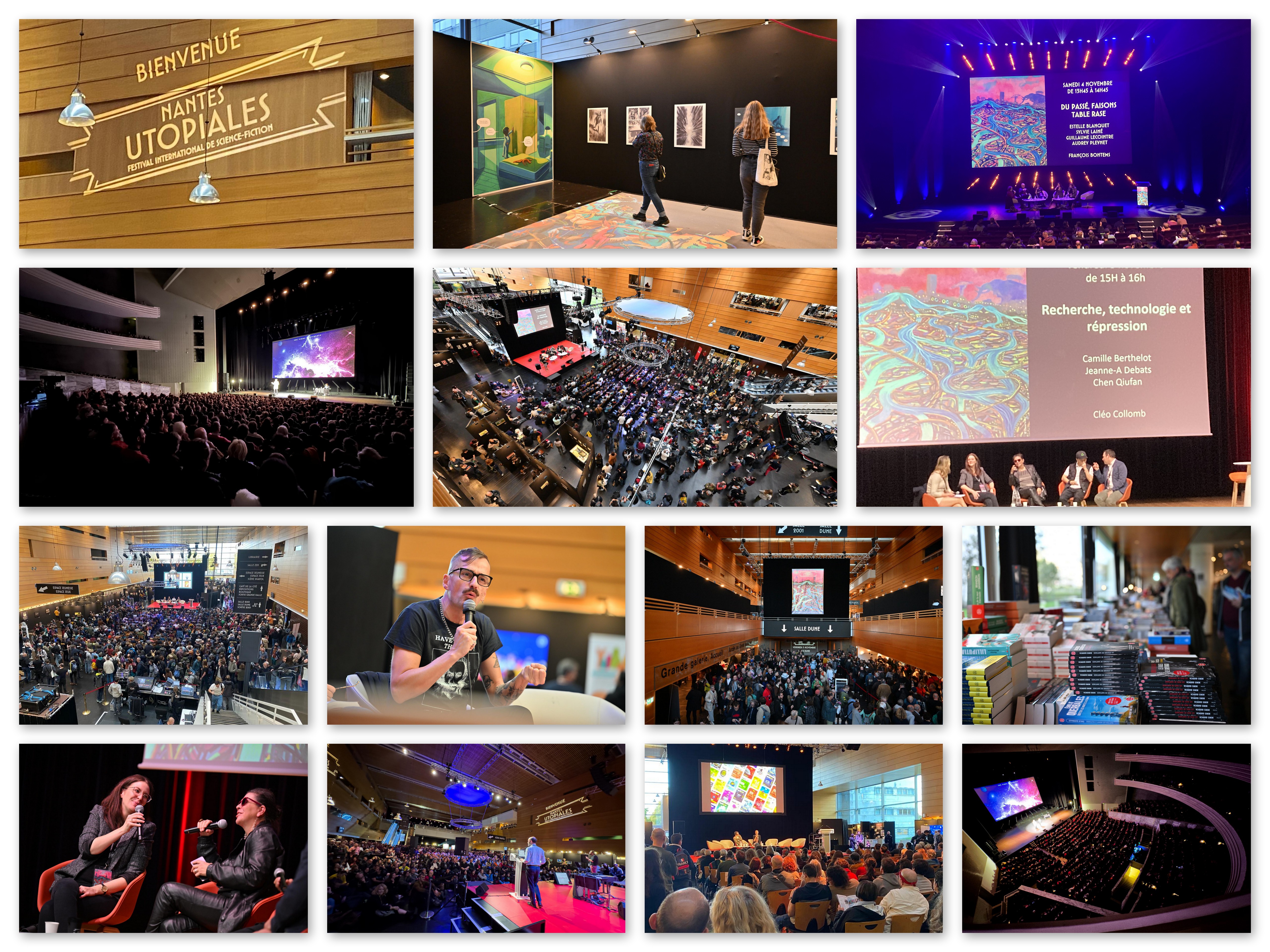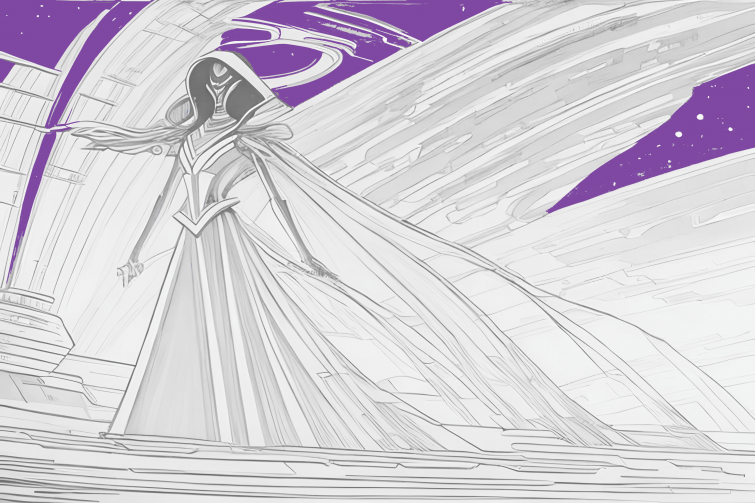
 science and society
science and society
A look back at the 2023 international Utopiales festival
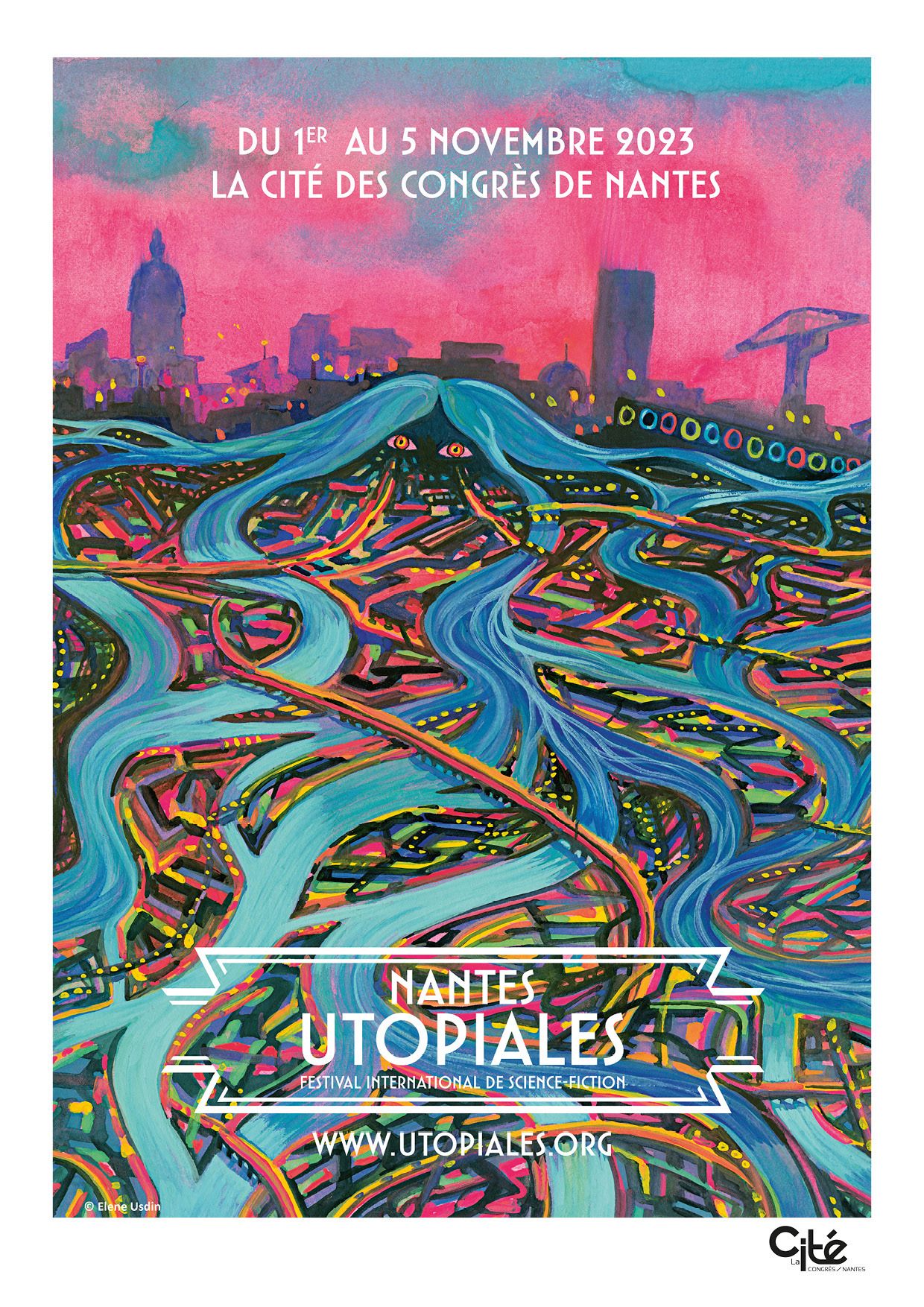 From November 1 to 5, the 24th edition of the international Utopiales festival, which promotes science fiction as an educational tool to explore the real world, took place at La Cité Nantes Congress Center. For the third year in a row, several of the Institut Pasteur's staff took part in the event, giving the Institut Pasteur an opportunity to pursue its strategy of opening science up to society.
From November 1 to 5, the 24th edition of the international Utopiales festival, which promotes science fiction as an educational tool to explore the real world, took place at La Cité Nantes Congress Center. For the third year in a row, several of the Institut Pasteur's staff took part in the event, giving the Institut Pasteur an opportunity to pursue its strategy of opening science up to society.
In keeping with previous editions, the 24th Utopiales festival once again emphasized the potential of interdisciplinarity. This year's theme was "Transmission(s)," with science, literature, art, games, film and music all combining in different ways to pique the curiosity of the 141,538 festival-goers.
The Institut Pasteur embraced this interdisciplinary approach as it continued its efforts to bring its research to society, with four of its scientists taking part in discussions and debates at several round tables (further details).
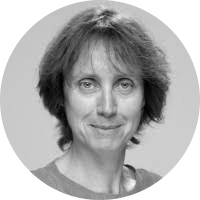 Laurence Isnard, curator of the Pasteur Museum
Laurence Isnard, curator of the Pasteur Museum
![]()
I took part in three round tables on November 4 and 5, 2023 – a real challenge for my first Utopiales!
The first, entitled "Au prix du papyrus" (The price of papyrus), was directly linked to the theme of the 2023 edition, "Transmission(s)." Alongside Christelle Molina from the Loire-Brittany National Audiovisual Institute, I was able to share my museum experience in the area of data storage and management and to discuss the document engineering challenges that today's museums have to deal with.
The second round table, "The cult of personality," was an opportunity to explore the 19th-century hero figure with novelist Philippe Cavalier. Louis Pasteur was naturally a perfect example!
Finally, at the third round table entitled "A l’ombre de Mathilda" (In the shadow of Mathilda), I spoke alongside author Michèle Astrud and INRAE researcher Jeanne-Marie Membré about how museums are playing a role in restoring female artists and scientists to their rightful place in society. This is a real challenge for the future Pasteur Museum!
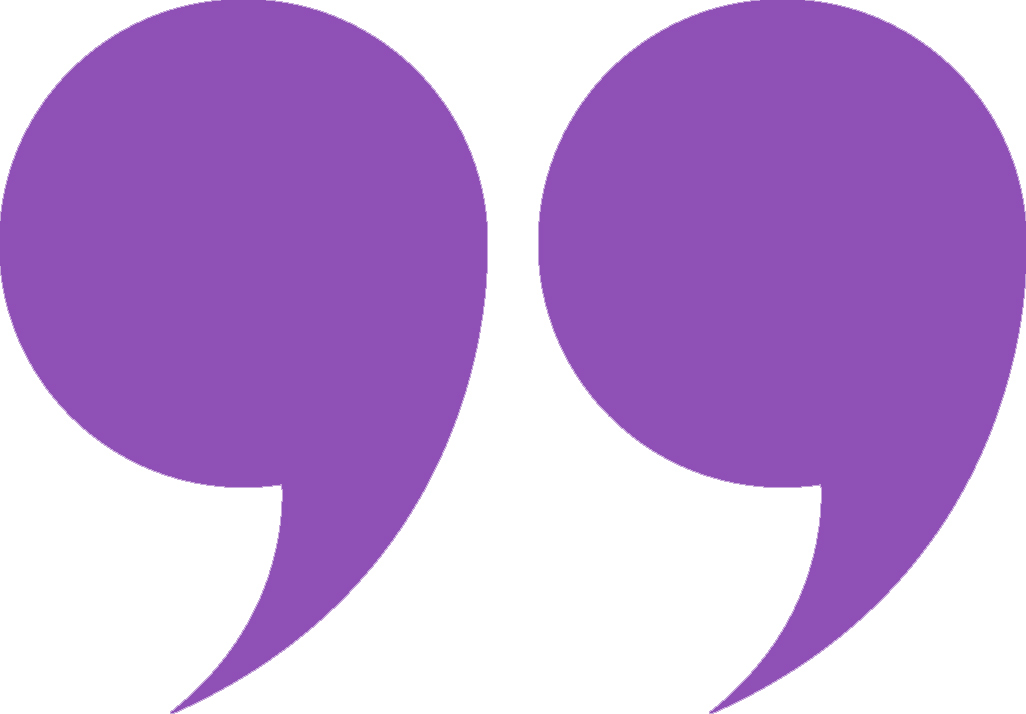
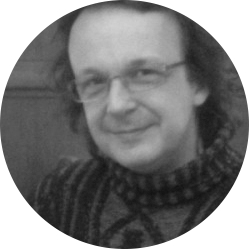 François Bontems, scientist in the Structural Virology Unit
François Bontems, scientist in the Structural Virology Unit

This was my sixth time at the Utopiales festival, and it was my third time coordinating the participation of the Institut Pasteur team. I had been invited to moderate three round tables myself.
This year's festival was a great success. The theme chosen by Jeanne-A Debats and Roland Lehoucq, "Transmission," resonated strongly with the concerns that many of us have. Axelle Roze and her team had reorganized the schedules and the way the program was arranged, which made it much easier to move around the festival and prevented some of the frustrations of previous years. I could list many highlights, but if I had to choose one, it would be the discussion between Ugo Belagamba and Kim Stanley Robinson about Robinson's Mars trilogy and his book "The Ministry for the Future."
Moderating a round table at the Utopiales is not something we are generally prepared for as scientists! The moderators do not get to choose the topics or the scientific and literary panelists. So it is important to read some of their works, to find the time to talk to each one, to identify some issues that are important to them all and come up with questions that encourage them to engage in a balanced and insightful discussion among themselves. A really successful round table is one where, once the introduction is out of the way, the moderator barely needs to say another word and can leave the discussion to develop on its own.
From this perspective, I was lucky to be involved in three fascinating round tables. One was rather more hard work than the other two, involving people whose interests and views were very far apart (that happens sometimes). But all three round tables gave me the opportunity to meet scientists who are passionate about sharing science and scientific values, as well as thoughtful, socially engaged authors, like Michael Roch, the author of a novel about the Caribbean inspired by Edouard Glissant, as well as Audrey Pleynet, Sylvie Lainé, Raphaël Granier de Cassagnac and Chen Qiufan, a leading Chinese science fiction author.

©Michael Meniane et Fanny Monboisse
Further information
